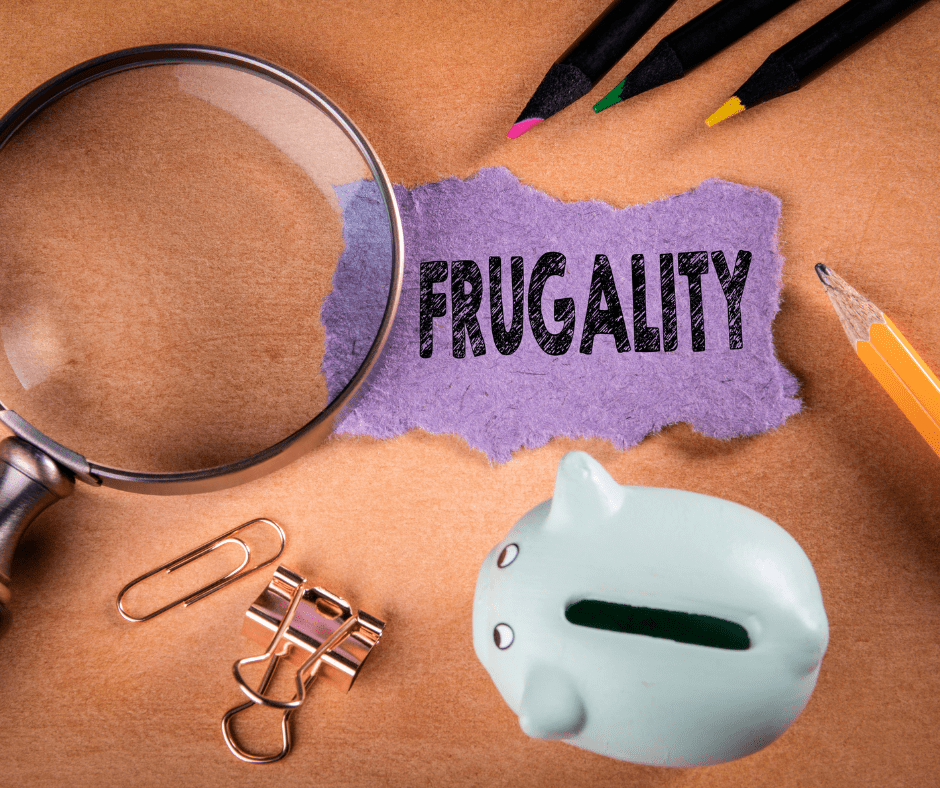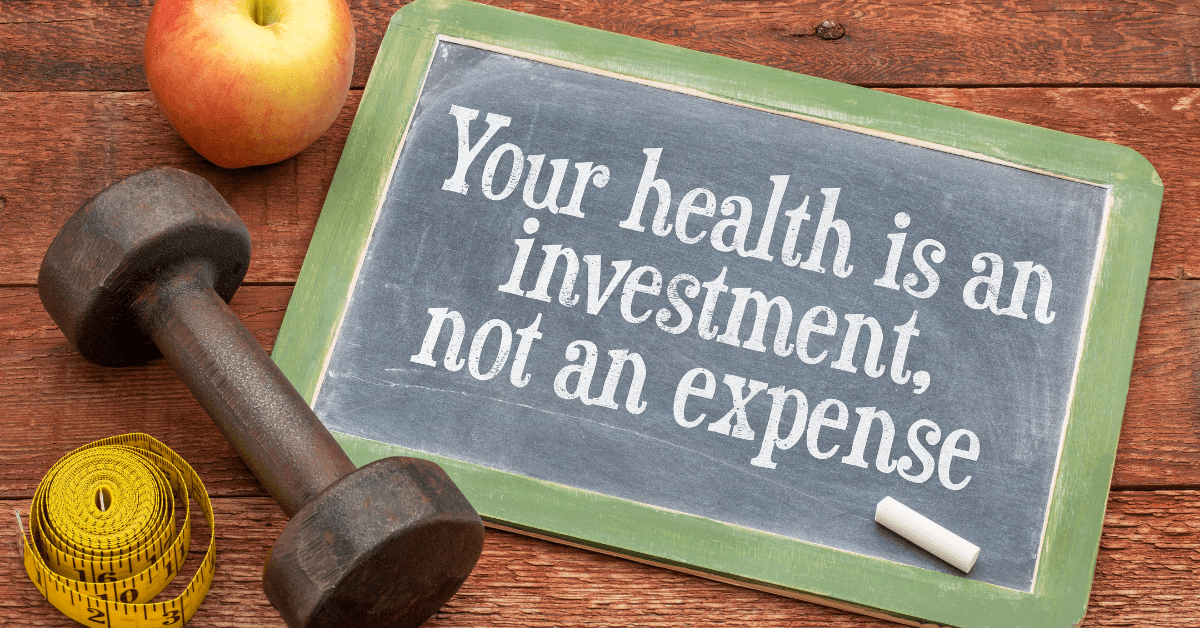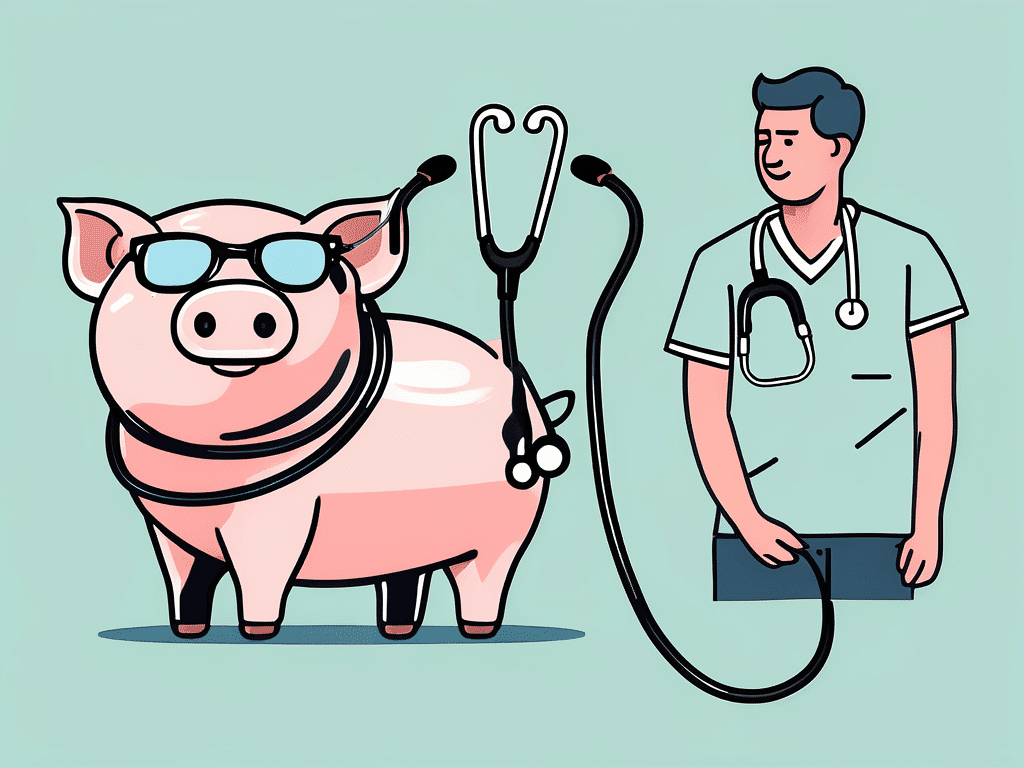Budget, Budget, Budget
An organised budget is the cornerstone of frugal living. It gives you a clear understanding of your income, essential expenses, and how much you can save. A good budget is also flexible and adaptable, ready to adjust to your changing needs and circumstances.
Shop Smart
Where, when, and how you shop can significantly impact your budget. Consider buying in bulk for non-perishable items, shop at discount or warehouse stores, or buy second-hand items where it’s feasible. Keep an eye out for sales but only buy what you genuinely need.
Cook at Home
While it’s nice to eat out or order in, cooking your meals at home is often cheaper (and healthier!). Plan your weekly meals, make a shopping list, and stick to it. This approach can help you avoid impulse buys and food waste.
Do It Yourself
From home repairs to gifts, there’s a lot you can save by doing it yourself (DIY). DIY can save you money, and it’s often more meaningful, especially when it comes to gifts.
Review Your Subscriptions
Take a hard look at your subscriptions – from cable to magazines to streaming services. Do you really use them all? Consider cutting back on those you rarely use or look for cheaper alternatives.
Use Energy Wisely
Being mindful of your energy usage can lead to substantial savings. Turn off lights and unplug devices when not in use, make the most of natural light, and consider energy-efficient appliances.
Plan Your Transport
Consider walking, biking, carpooling, or using public transport instead of driving if possible. You’d be surprised how much you can save on fuel, maintenance, and parking.
Grow Your Own Food
If you have space, even a small garden can help you save on grocery bills. Herbs, tomatoes, lettuce, and peppers are all relatively easy for beginners to grow.
Go Generic
Brand-name products often come with a higher price tag. For many products, the generic version is just as good. This is particularly true for over-the-counter medications and pantry staples.
Adjust Your Insurance Excess
This tip might seem unusual, but it’s a vital strategy for saving money. Excess is the amount you agree to pay when you make an insurance claim. By choosing a higher excess, you can often lower your regular premiums. It’s a way to save money now, but remember that if you need to make a claim, you’ll pay more upfront. Therefore, this decision should be based on your financial situation and risk tolerance.
In conclusion, being thrifty doesn’t mean you have to live without it. It’s about making smart decisions, prioritising spending, and saving where possible. The cost of living crisis is undoubtedly a challenge, but with these tips, you can navigate it more comfortably and maintain your financial well-being.
Remember, every dollar saved is a dollar earned!
The information in this article is general in nature as it has been prepared without taking account of your objectives, financial situation or needs. You should consider the relevant Product Disclosure Statement (PDS) & Target Market Determination, and obtain appropriate financial and taxation advice, before making a decision about whether ExtrasJar’s products are right for you.



